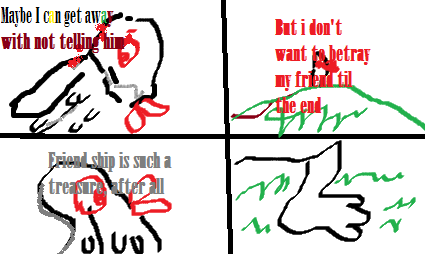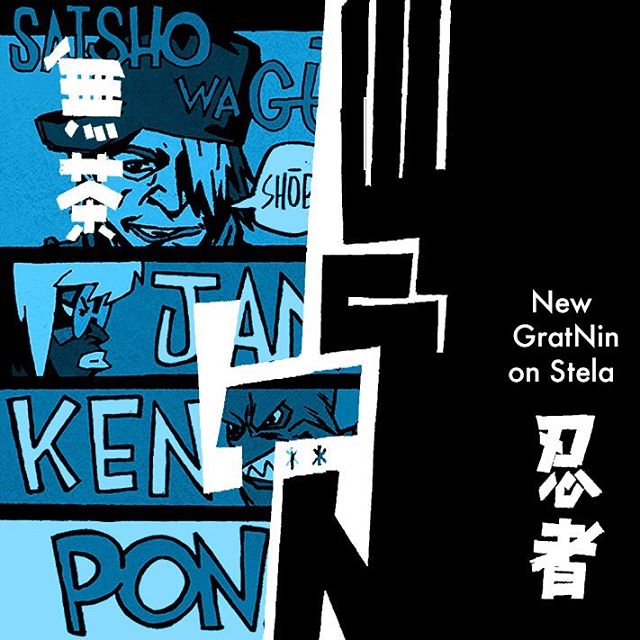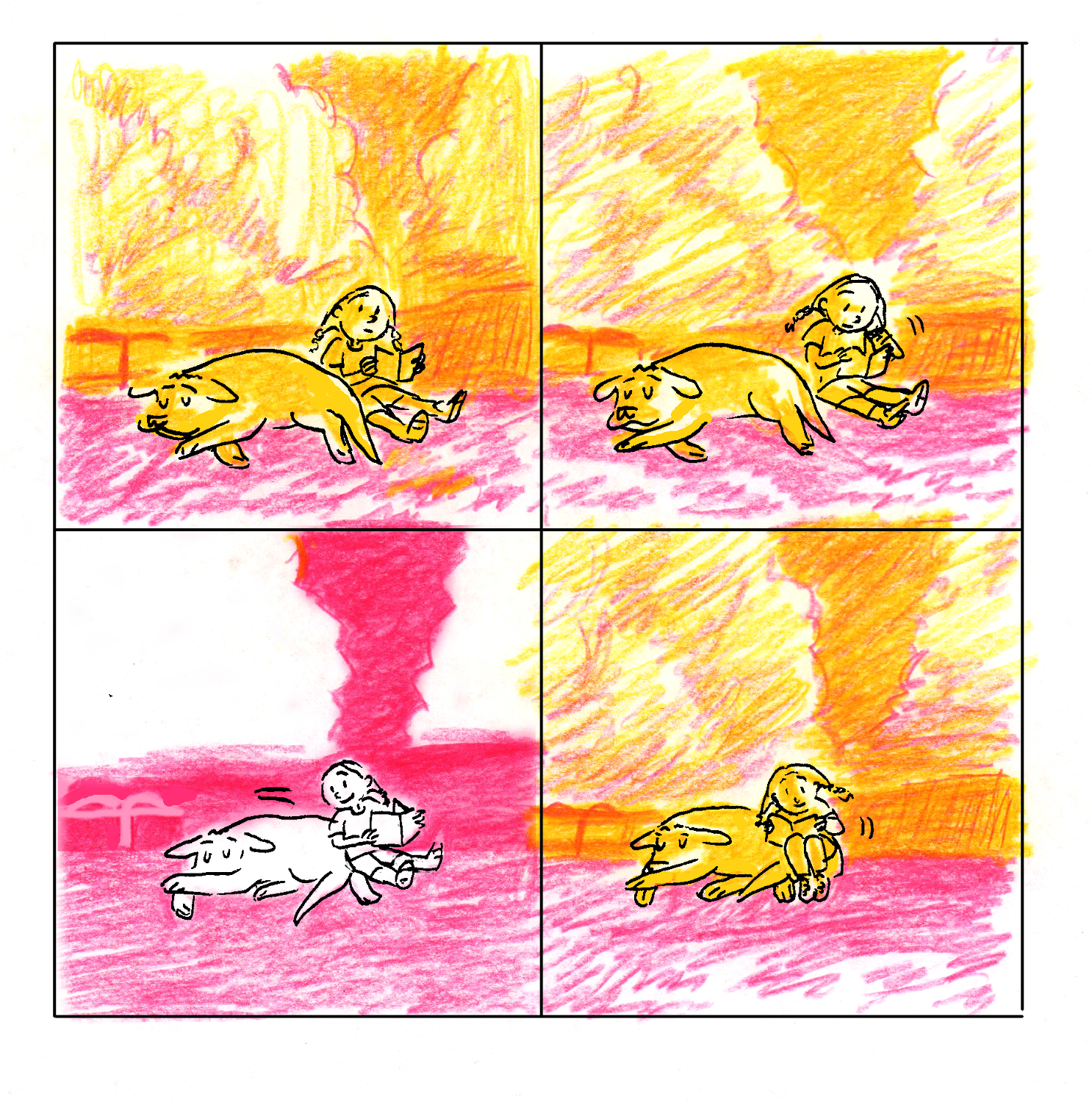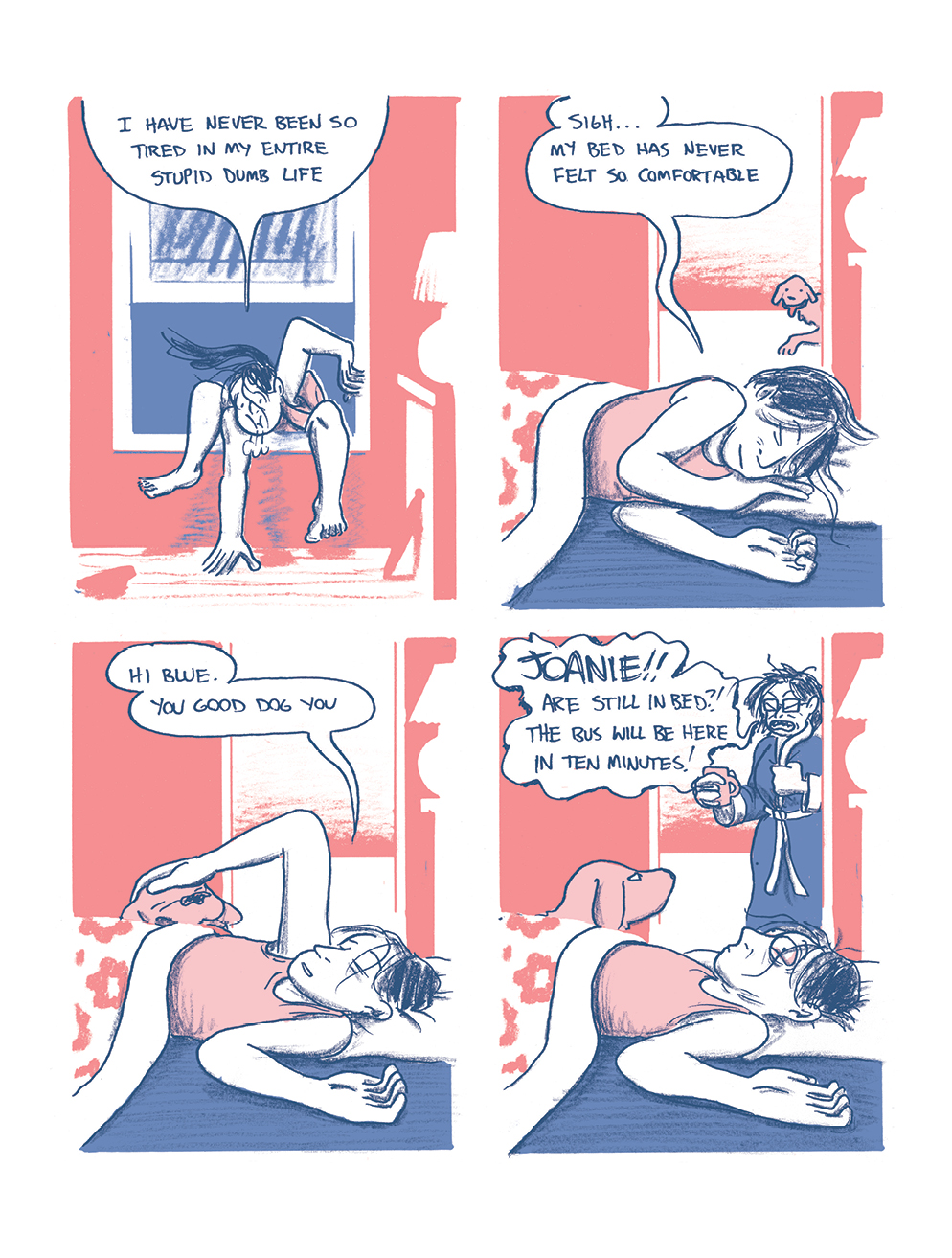Sam Ombiri on Simon Moreton’s “Plans We Made”; PBS looks at Comics In Transit; catching up with Ronald Wimberly; Indie publishers/inclusive comics; and more.
————————————————————————————————
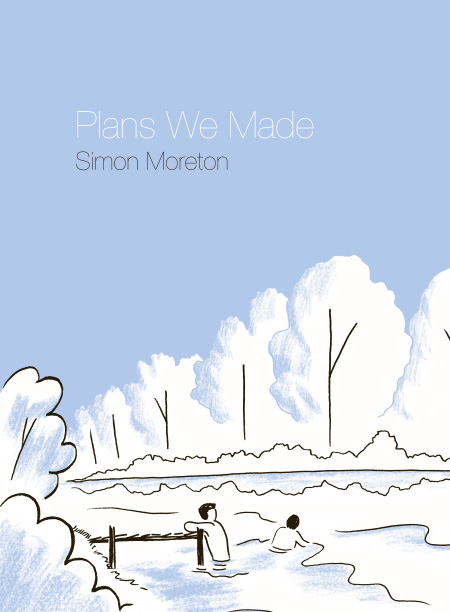
Sam Ombiri here: Plans We Made by Simon Moreton is a great book. It’s been a comic that excites everyone I show the book to. For some reason I found myself comparing it to New School by Dash Shaw, although in my mind these two books don’t complement each other at all. They’re very different books. New School feels like an Adventure Comic and Plans We Made feels like Peanuts or Calvin and Hobbes. The connection is that as the reader you are demanded by the book in both cases to project your attitude into the comic. Of course every comic does this, but New School and Plans We Made are books that are really asking you, very loudly, “Know what I mean?” It’s like this weird extreme where it’s not the most familiar territory, but in sacrificing familiarity, it ends up being the most familiar.
I was thinking about how Dash Shaw said the intent of the dumb line is to add ambiguity to the story. Maybe I’m remembering it all wrong, but maybe the reader would project more into the story. I guess the first part of the idea is that it’s like the person making the drawing makes the drawing what it is. Like a cool guy is making marks like a cool guy would, and the dumb line tells you it could be anyone who drew this, and it’s maybe more a reflection of you, the reader, that determines the attitude it’s drawn with.
I didn’t interact with New School this way too too much, I was just into the way the drawings looked, but the way New School was drawn was more for Dash himself than the reader. He’s introducing the dumb line so he doesn’t have to re-summon the same exact attitude every time he’s drawing, so he draws with what he quotes Mazzucchelli saying, “a line that doesn’t know what it’s saying.”
The personal connections I made in New School were maybe more, because of specific circumstance and situations that ended up overlapping with Danny, or what Dash described as the feeling of what he felt when he went to Japan. Whereas for Plans We Made, I hadn’t had 97% of the specific experiences, but I could relate to it more. At times, I could say I had a similar feeling, but in both cases it seems that both cartoonists are removing this idea of what happened being a specific thing that only happened to them, and seem interested in the idea of it having happened to other people as well. Simon seems way, way more interested in pursuing this than Dash is.
There’s this great sequence in Plans We Made, where Simon’s misery is being reenacted by his drunk friend, like it manifests in his drunk friend, and there’s isn’t a huge distinction made between the two characters, so the feeling transfers seamlessly in between the two of them.
Dash feels like he doesn’t rush straight to his goal, he takes a long winding path and barely cares if he gets there, but spares no effort. He only cares for the spirit or the attitude that comes with trying to get “there”(that’s kind of my theory on Kramers 8‘s theme btw, like when Sammy Harkham’s describing the mysterious characteristics of the cartoonists that were picked for it).
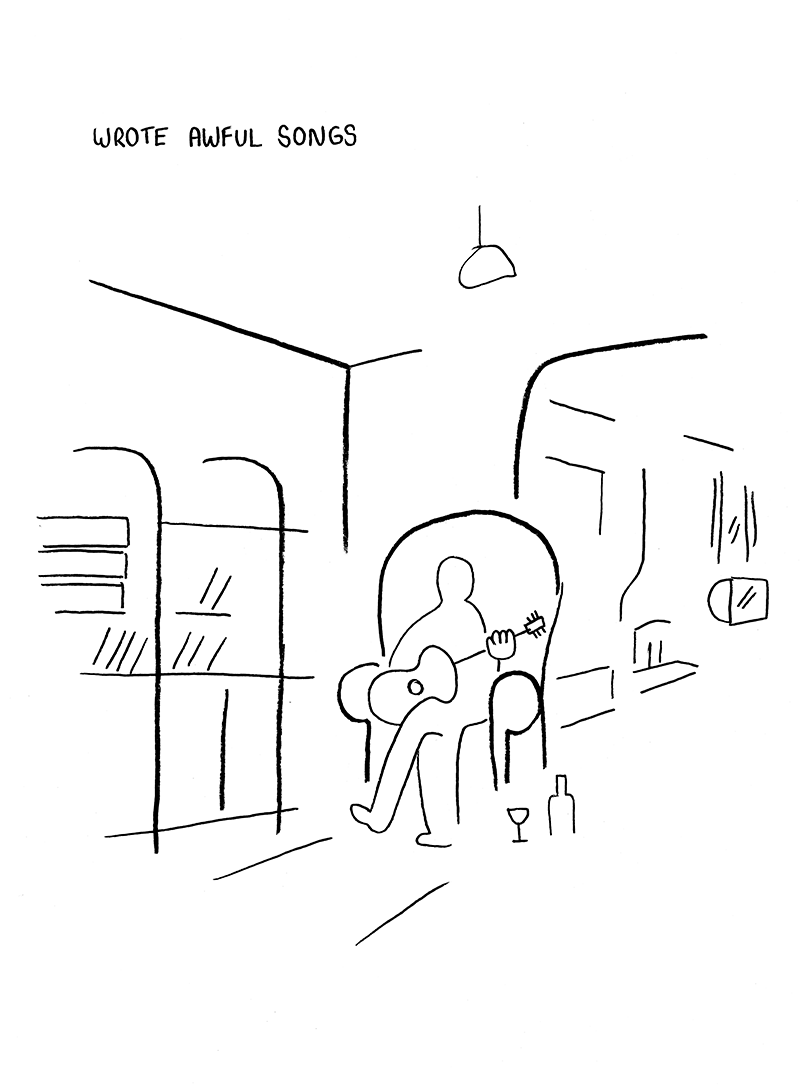
The way I was introduced to Plans We Made was that I should read it like those faceless characters are people you’ve known. It’s never a big deal that these characters are faceless – it feels needed for the drawings. It doesn’t have this unnatural feeling, like say how in Yokoyama’s books there are those characters who can’t, characters who don’t, exhibit any emotion on their faces besides their suspicious scowl.
Simon, at least from what I gather, isn’t so concerned with making a huge statement on the comics form, something that’s against previously conceived thoughts of what comics are. New School is pushing a new way of looking at color or approaching color and line work, but there are also undertones in the story in New School. For example with Clockwork, or this fictional idea of an avant garde theme park movement of consciously challenging the form for the sake of challenging it, reveling in the supposed immaturity of it, and being unapologetically romantic regarding the direction it will take the form, whatever it may be. I’d even argue with the title of New School, keyword being “New” – it’s all about making a grand statement in the form.
Not so much with Simon – he just contextualizes himself as lazy. One of my favorite pages is him saying in a similar tone to the rest of the book, “Wrote awful songs,” and a great drawing of him sitting with guitar (pictured above). – Sam Ombiri
Get a copy of Plans We Made from Uncivilized books – HERE.
6-29-2017 – by Sam Ombiri
————————————————————————————————
Sally here – Johnathon Dalton spoke to the PBS News Hour earlier this week about his part in the Comics In Transit project. Comics In Transit was started by the Cloudscape Comics collective, based out of Vancouver, Canada, and since 2015 it has been placing comics featuring refugees’ stories in bus transit stations.
“In 2015, Canada began that country’s largest refugee resettlement program since the Vietnam War. Over the last year-and-a-half, 45,000 Syrian refugees have made Canada their home, more than double those admitted in the U.S.“
Johnathon’s comic is about Mohammed Alsaleh, who was imprisoned after documenting a protest and uploading pictures to the web. He was eventually released, but decided to leave Syria rather than risk being arrested again. The comic will appear in a bus shelter in Vancouver later this year. You can read more about the story HERE.
————————————————————————————————
The above video was made by Ronald Wimberly and Chase Conley for Nike. You can see a bunch of process pics and other related imagery on Ron’s Instagram – HERE.
Also from the world of Ronald Wimberly comes the news that his comic Gratnin is back on the comics app Stela.
“GRATNIN is short for Gratuitous Ninja. KGMR stands for Kyoku-gen Muron-Ryu, a style of ninjutsu practiced by the now pacifist Namba family who run a karate/yoga-studio/farm/food co-op out of Gowanus Brooklyn. The Namba take in three local delinquents and teach them ninjutsu. When the new chunin break clan rules to fight a couple of local trap boys they wind up making more problems then they solve. How to get the comic? Download the Stela Unlimited app here: -iOS: http://bit.ly/2eQc4om
-Android: http://bit.ly/2f14Idm“
It can be hard to keep up with Ron – he rides the high and fast currents of the world, always moving and grooving – so for those of us on the slower planes, he provides the Wimberly Newsletter – sign up for it HERE!
————————————————————————————————

Huffpost reports that Indie comics publishers are doing a better job at being inclusive than mainstream ones. Not shocking. The piece features video comments from Roxane Gay, author of the Black Panther spin-off series World of Wakanda and Marvel’s first black female writer. Incidentally, both series’ have recently been canceled.
While Marvel and DC are fighting it out with their sales numbers, indie comics publishers are having more success at supporting interesting work and creators.
“ “Inclusivity is absolutely important and is achieved by actively seeking out and embracing voices that might otherwise not be heard if we didn’t provide them a platform,” Eric Reynolds, associate publisher of Fantagraphics, told HuffPost.
Dafna Pleban, an editor at another alternative comic publisher, BOOM! Studios, echoed this sentiment.
“I don’t think inclusivity can be achieved in one fell swoop.” she said. “I think it’s a process, and it’s something that we’re constantly working on to improve and grow. I think we can be better. Luckily, BOOM! Studios has been a place where they’ve encouraged us to reach out to creators that excite us and develop stories that inspire us, not just what we might think can sell now.” ”
Read the rest of the Huffpost article HERE.
A piece at Vox earlier this month cited the comic industry’s sales structure as the root of the problem – and the only solution at the moment to keeping diverse, inclusive comics on the shelves is to work with the system and pre-order them.
“The comic book industry isn’t going to magically change its distribution system overnight, and in order to flourish within the system, comic books must be preordered. Since comic books are sold to retailers as final sale and are ordered three months in advance, walking into your local comic book shop and buying a book off the shelf does nothing to directly support the book in the eyes of the publisher or Diamond’s sales.
The only real way around this is to preorder a book from your local shop in advance of its release, which alerts the shop owner that there’s interest in a title, and that they should stock it in on their shelves.“
Read the rest of the Vox article HERE.
————————————————————————————————
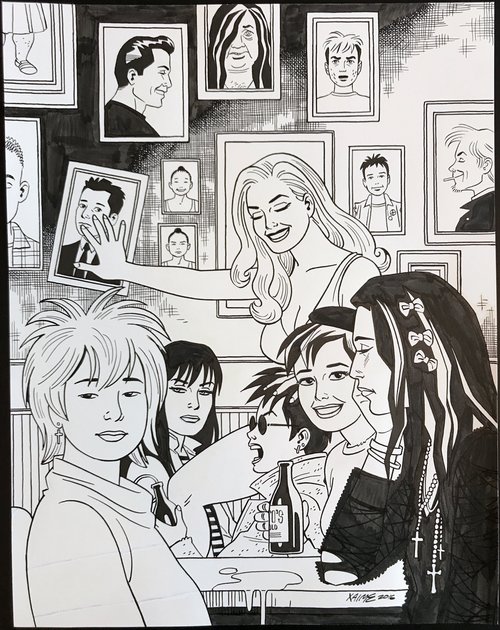
Todd Hignite Comic Art is the new official representative of art sales for Jaime Hernandez and a select few other contemporary comics artists, including Daniel Clowes and Julie Doucet. Todd Hignite plans to use the site not only to facilitate the art sales but to maintain a conversation about the artists and their ongoing work. Read more HERE.
————————————————————————————————
Suzy and Cecil – 6-29-2017 – by Gabriella Tito
—————————————————————————————————
Joanie and Jordie – 6-29-2017 – by Caleb Orecchio
